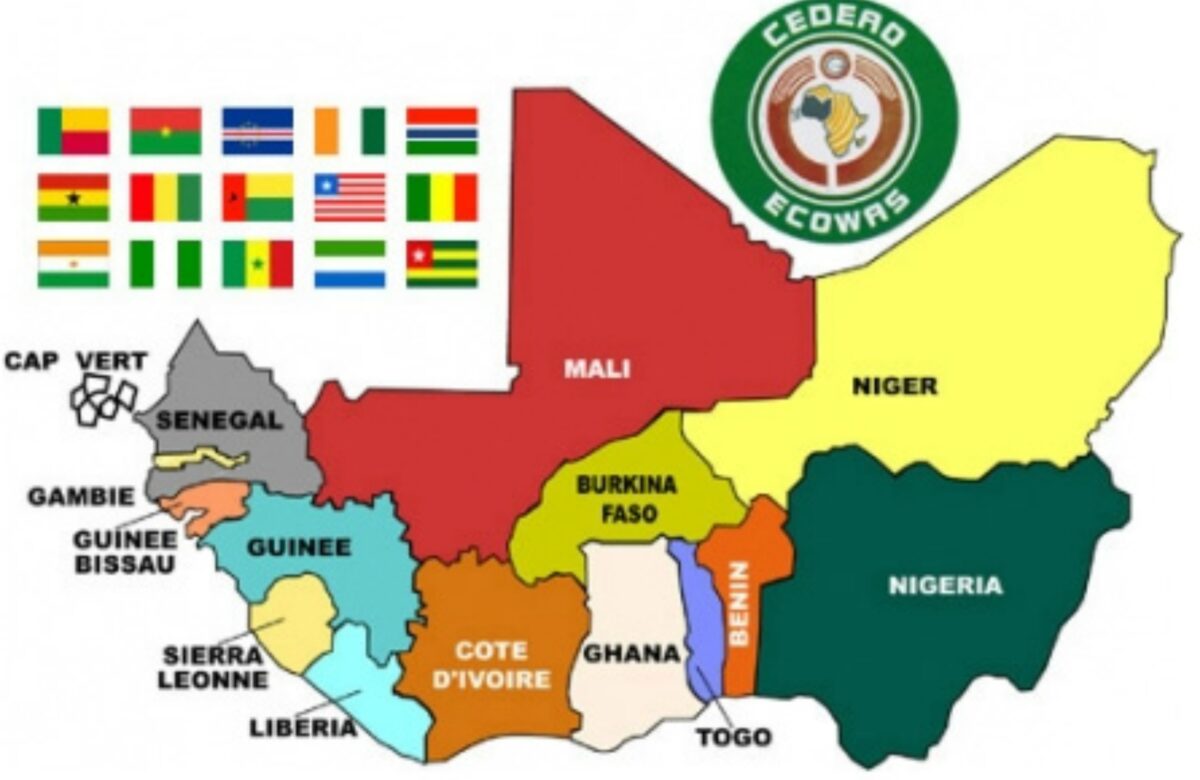
Nigeria’s Tangled Highways When Colonial Roads Still Lead Away From Ourselves
- AviationMaritimePipelineRailwayRoad
- August 15, 2025
- No Comment
- 421

By Olusemire Jegede
Feel the rumble beneath your wheels on the Lagos-Ibadan Expressway, or inch through the gridlock approaching Apapa Port. That asphalt tells a story far older than our independence. It whispers of an infrastructure blueprint drawn not for Nigerians, but for extraction. Our roads, railways, and ports were meticulously laid down to serve a single purpose: whisking palm oil, groundnuts, cocoa, tin, and later, rivers of crude oil, from the heartland straight to waiting ships bound for Europe. They connected mines to ports, plantations to docks, but rarely villages to villages, or truly, Nigerians to Nigerians. The bitter irony persists: it’s often quicker and cheaper to get Nigerian gold to Zurich or crude oil to Rotterdam than it is to get tomatoes from Kebbi to Lagos or a traveller from Sokoto to Maiduguri. This isn’t mere underdevelopment; it’s a design flaw etched into our landscape, a colonial inheritance we’ve yet to fully dismantle.
The consequences reverberate daily, crippling our potential. Imagine the Balogun Market trader in Lagos struggling to source affordable ceramics from neighbouring Benin Republic because the Seme Border crossing is a labyrinth of delays and unofficial charges. Consider the pepper farmer in Jigawa whose produce spoils on the dilapidated stretch towards Kano city, while goods destined for export glide on comparatively better-maintained corridors to the ports. The absurdity peaks in our skies: booking a flight from Abuja to Yaoundé in Cameroon, a mere thousand kilometres, might first whisk you east to Addis Ababa, adding thousands of kilometres and hours to your journey, simply because direct, affordable regional flights are scarce. Shockingly, flying from Lagos to Accra, Ghana, a hop over the border, can sometimes cost more than flying the vastly longer distance from Lagos to London.
Is it any wonder, then, that despite the promise of ECOWAS and the ambitious African Continental Free Trade Area (AfCFTA), Nigeria still trades overwhelmingly more with Europe, China, and the US than with our West African neighbours? We export raw crude only to import expensive refined petrol; we ship cocoa beans out and buy back chocolate at a premium. The colonial model of exporting raw materials and importing finished goods remains stubbornly intact, decades after the flags changed.
This disconnection isn’t just physical; it’s digital too. Our online world mirrors the old colonial pathways. Data packets carrying messages between Lagos and Accra might still take a scenic, inefficient detour through London before reaching their destination, adding crucial milliseconds of delay that hamper real-time business and innovation. Connecting digitally to Luanda in Angola can feel more circuitous than linking to Lisbon. This “tech colonialism” adds another layer of dependency and inefficiency, hindering the digital economy we desperately need to build. Sorry, I digress.
The result? Isolation and persistent dependency. The high cost of moving goods and people within Nigeria and across our borders stifles domestic industries and makes Nigerian products uncompetitive regionally. It discourages the manufacturing plants that could serve the vast African market, keeping us reliant on foreign imports. It weakens the fabric of continental unity, making grand visions like the AfCFTA incredibly difficult to realise on the ground.
Breaking free demands a conscious, deliberate rewiring of Nigeria’s infrastructure spine. We must shift focus from solely facilitating extraction to enabling connection. This means aggressively prioritising and funding projects like the Lagos-Calabar Coastal Highway not just as a new coastal export route, but as a genuine spine linking communities. It means urgently upgrading and maintaining the critical internal arteries: the roads connecting Sokoto to Maiduguri, Enugu to Jos, that bind our nation together and facilitate domestic trade. It demands championing the Single African Air Transport Market (SAATM) within ECOWAS, slashing taxes and charges to make direct flights like Abuja-Yaoundé or Lagos-Dakar commonplace and affordable, empowering carriers like Air Peace to truly connect the region.
Digitally, we need massive investment in terrestrial fibre optic cables within Nigeria and, crucially, direct links to neighbours like Cameroon and Benin, alongside supporting local data centres and internet exchange points. This builds digital sovereignty, ensuring our data travels African paths efficiently. Reliable power, potentially leveraging ventures like the Nigeria-Morocco Gas Pipeline, is the bedrock upon which regional manufacturing for the AfCFTA market can finally rise.
The path laid by colonial powers leads outwards, perpetuating a cycle of dependency. The roads we inherited weren’t meant to connect Nigerians to opportunity or to each other; they were built to drain wealth away. Until we consciously build new pathways – physical highways, affordable air corridors, sovereign digital networks, and reliable power grids, designed specifically to link Nigerians across states and Nigeria seamlessly to its African neighbours, true economic integration and self-sustaining growth will remain elusive. The journey towards a united, prosperous Africa begins right here, with the fundamental choice to pave roads that finally, resolutely, lead Nigerians to Nigerians, and Nigeria home to its continent.




